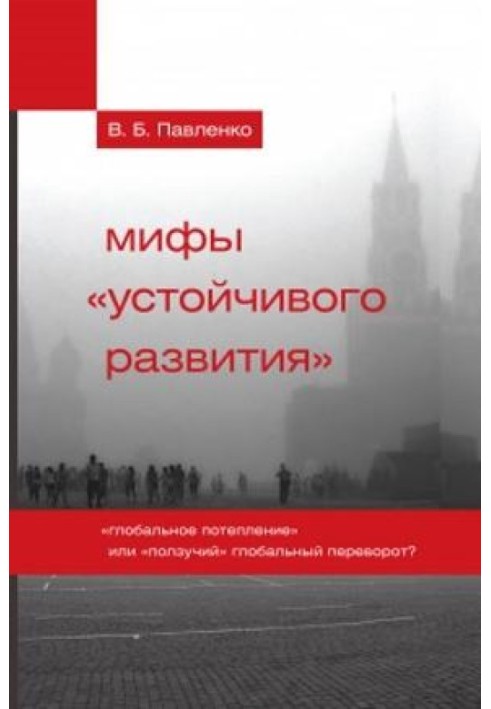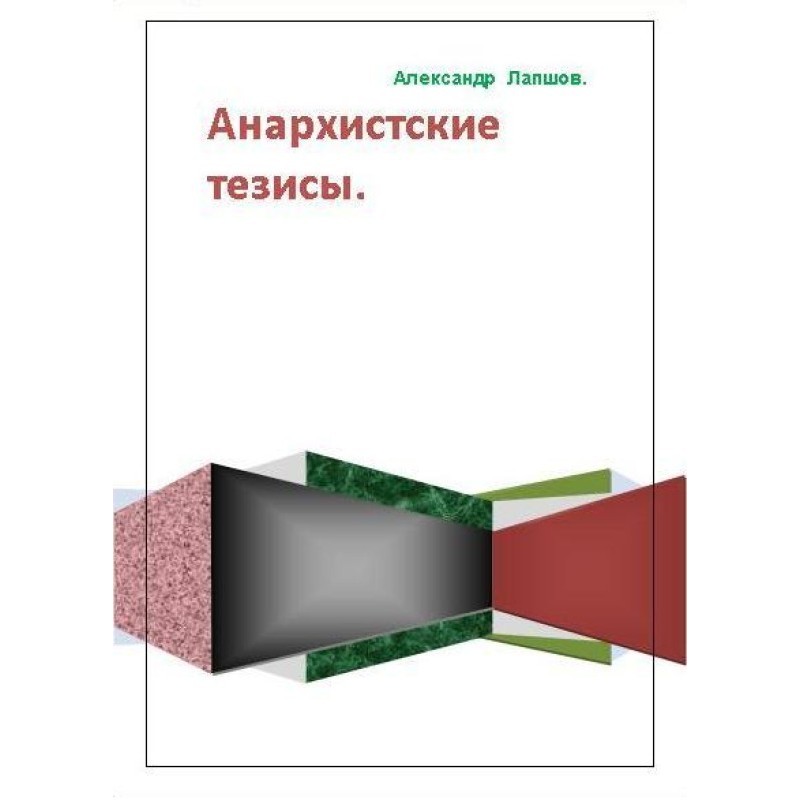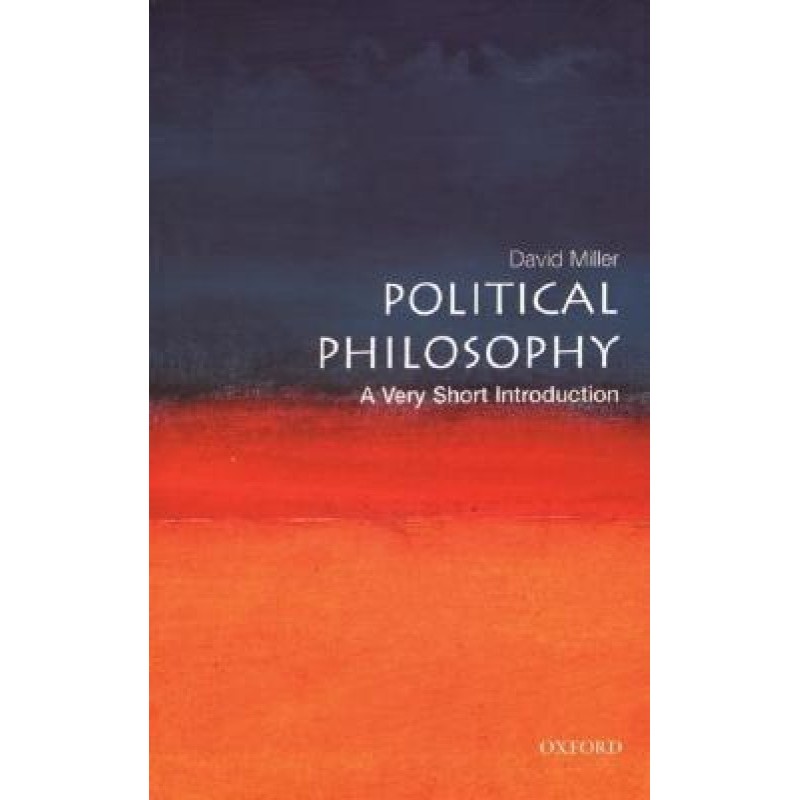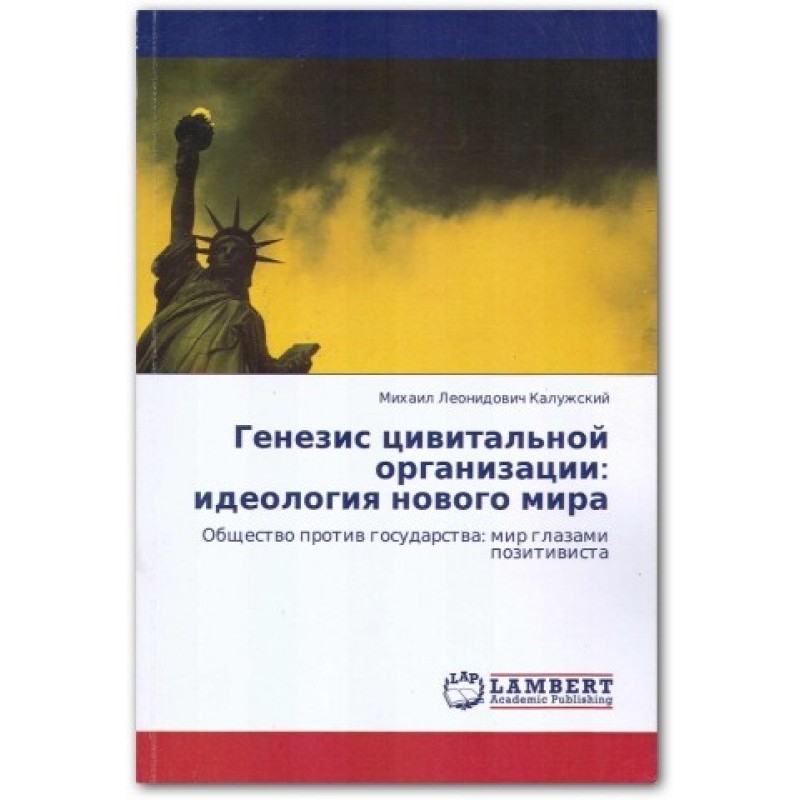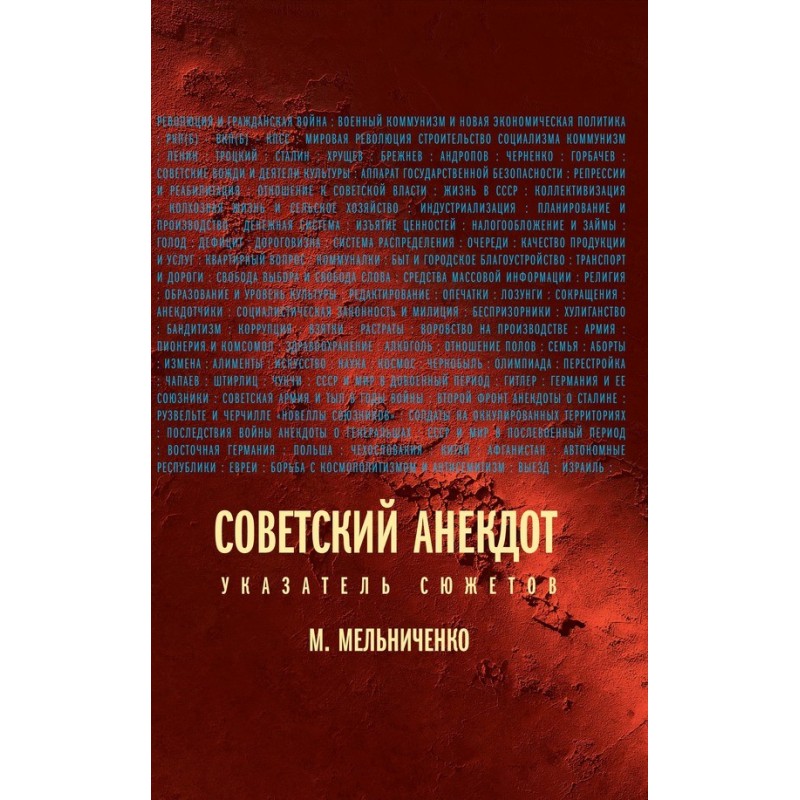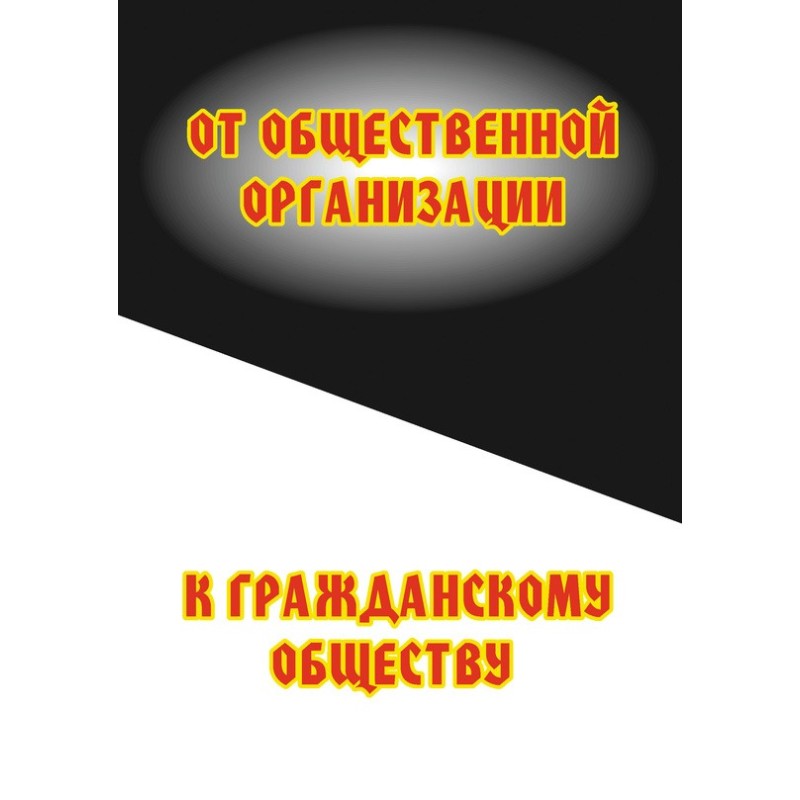Myths of “sustainable development”
 Instant download
Instant download
after payment (24/7)
 Wide range of formats
Wide range of formats
(for all gadgets)
 Full book
Full book
(including for Apple and Android)
The monograph contains a critical analysis of the concept of “sustainable development”, its role and place in the construction of the “new world order”. Using a wide range of official sources and documents, the work proves that this process is consistent and controlled. It reveals not only the general philosophical intent of this project, but also its specific manifestations, which are closely related to the creation and evolution of the Club of Rome and its successor global institutions. The patterns and mechanisms of interaction between various structures of “sustainable development” are demonstrated, as well as the continuity of their evolution. Particular attention is paid to the analysis of the mechanisms of undermining and eliminating the sovereignty of large self-sufficient states, primarily the Soviet Union. The decisive role in this of the “fifth column” is shown, including “agents of influence” represented by a number of major Soviet and Russian politicians and scientists. The author shows the mechanisms for introducing the ideas of “sustainable development” into public policy, the ways and means of adapting public consciousness to it, the leading role which deals with the theory of “global warming”, the ideologies of “democracy”, “human rights”, “minority rights”, “market economy”, “federalism”, etc. The book is intended for teachers and students of universities, specialists in the field of internal and foreign policy and a wide range of readers. Published in the author's edition.
Data sheet
- Name of the Author
- Владимир Павленко Борисович
- Language
- Ukrainian
- Release date
- 2011
Reviews
Глибокий аналіз концепції стійкого розвитку
Книга "Міфи «стійкого розвитку»" є надзвичайно важливим внеском у сучасну дискусію про екологію, політику та економіку. Автор надає читачеві критичний погляд на концепцію стійкого розвитку, розкриваючи її філософські основи та практичні прояви, що вражає своєю глибиною та аналітичністю. Використовуючи широкий спектр офіційних джерел, автор демонструє, як ідеї, що спочатку здавалися прогресивними, можуть мати приховані мотиви, пов'язані з глобальними політичними змінами. Особливо цікавою є частина, де розглядається роль Римського клубу та інших світових інститутів у формуванні нових парадигм. Книга не лише інформативна, але й спонукає до глибоких роздумів про те, як глобальні процеси впливають на суверенітет держав. Хоча переклад тексту має деякі недоліки, загальна якість роботи та її зміст варті уваги. Рекомендую цю книгу всім, хто цікавиться сучасними глобальними викликами та їх впливом на світову політику.

